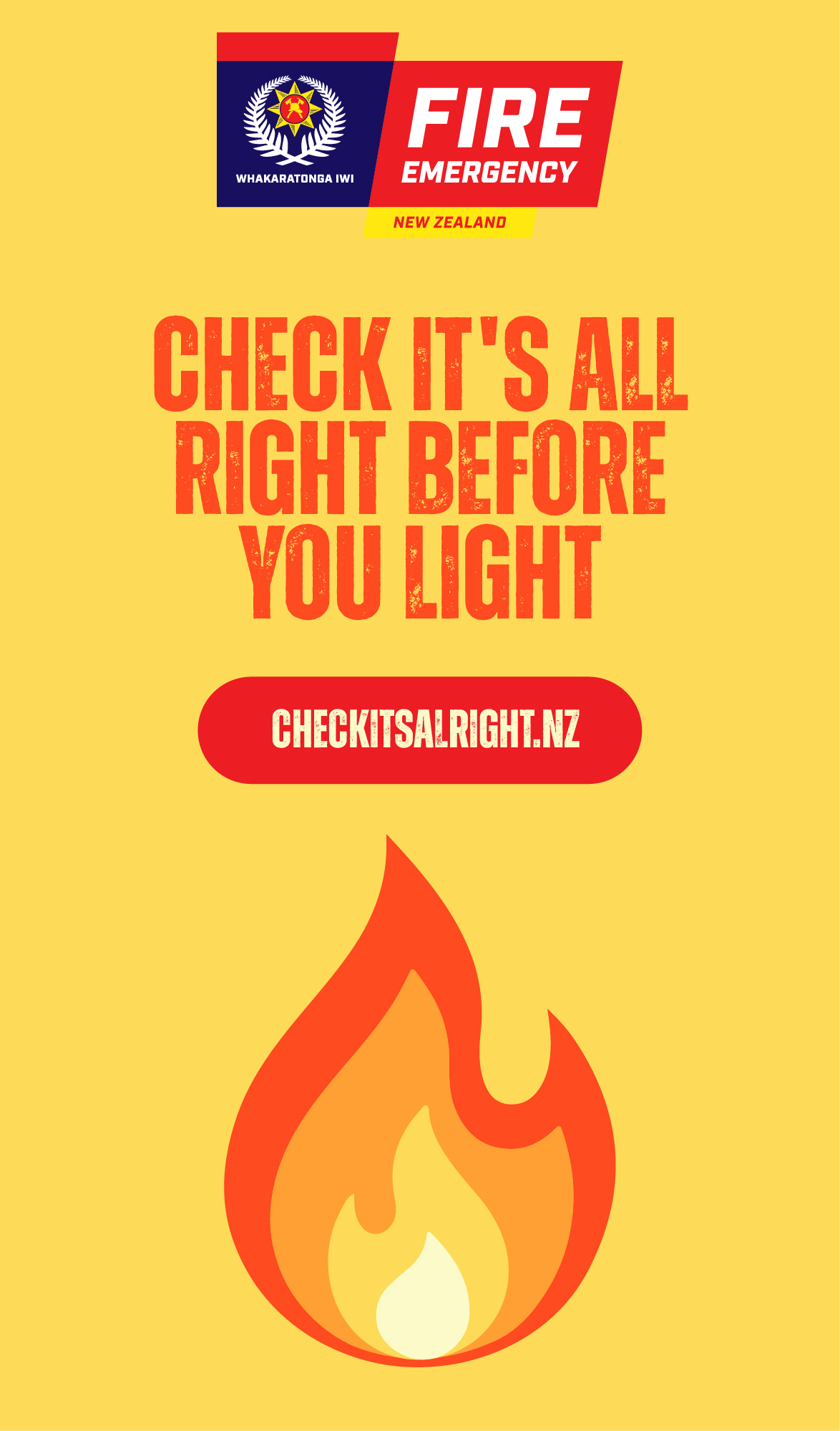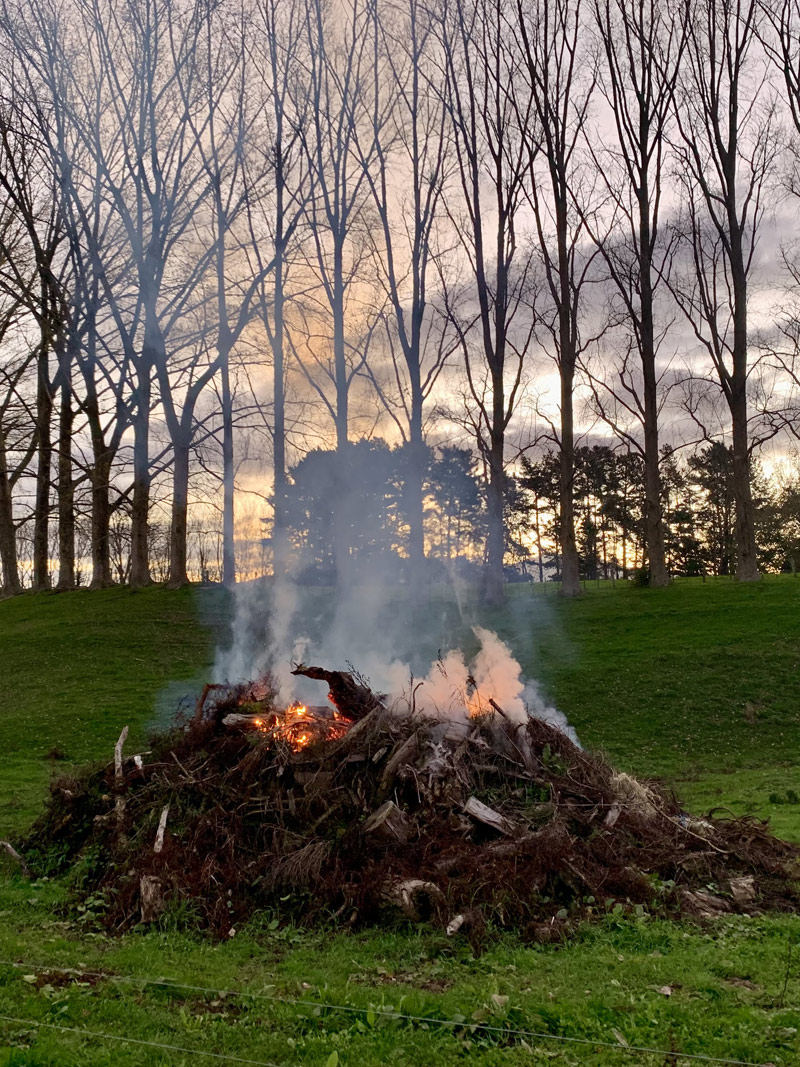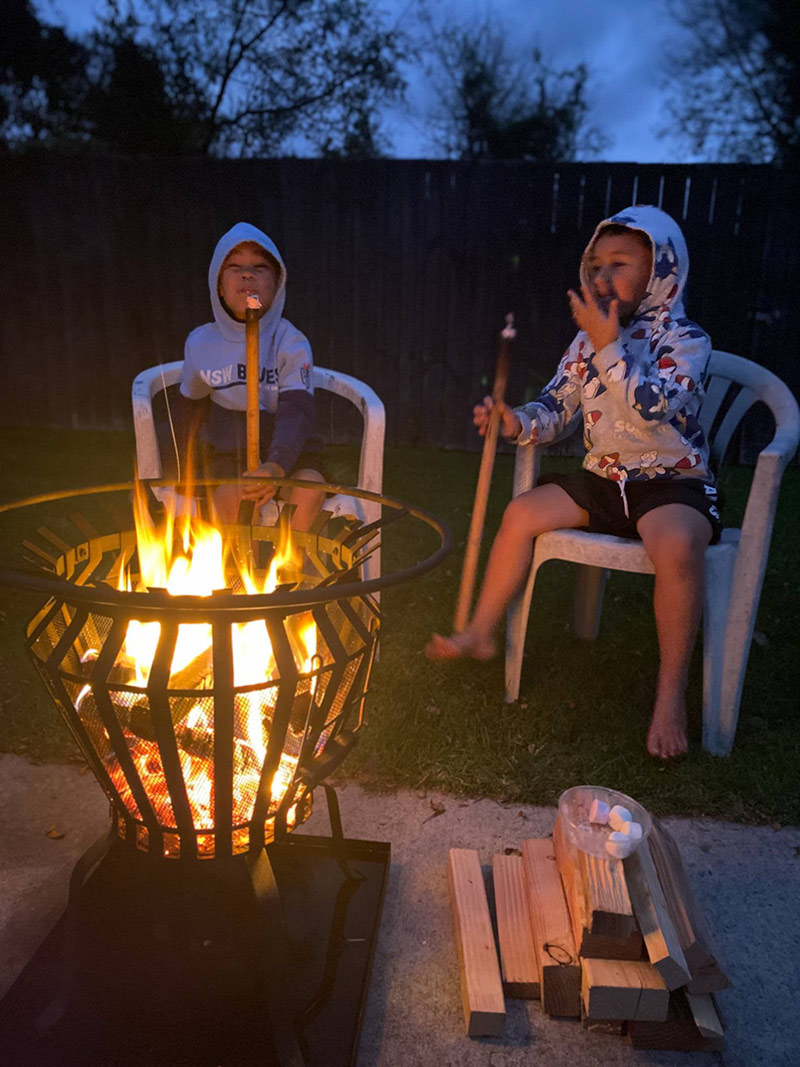Fire and Emergency New Zealand (FENZ)
Check before you light a fire with FENZ – use their three-step tool to let you know whether it’s safe to light a fire, and if you’ll need a fire permit.
If you’re wanting to light a fire in a public place such as on a beach or in a park, please check your local council to ensure you follow any specific bylaws in your area.
If you want to light an open-air fire at your rural property that complies with the 100m rule, you need to find out what the current fire season is and whether you need a fire permit. Visit the Fire and Emergency New Zealand website for more information on fire permits and seasons.
No matter what the fire season is and whether you have a permit, you still need to follow any Council bylaws and Regional Council requirements relating to smoke nuisance and the burning of prohibited materials. If you are uncertain about whether you have resource consent for lighting a fire on your property, you can call Regional Council Duty Planner for free advice on 0800 884 880.
Regional Natural Resources Plan
The Air section of the Regional Natural Resources Plan (p.18-21) contains rules about open burning. This includes permitted and restricted burning in regard to rural production activities. Depending upon the location and scale of the burning, you may require resource consent. Contact the Regional Council on 0800 884 880, or email info@boprc.govt.nz.






